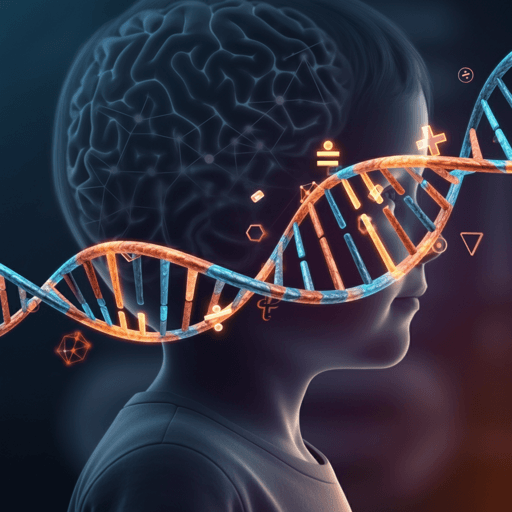
Psychology
Exploring the influence of the DRD2 gene on mathematical ability: perspectives of gene association and gene-environment interaction
Q. Yang, X. Zhang, et al.
This study, conducted by Qing Yang, Ximiao Zhang, Liming Zhang, Chen Cheng, and Jingjing Zhao, reports associations between the DRD2 gene and children’s mathematical ability: specific SNPs and haplotypes—and their interaction with parental education—affect performance, suggesting dopaminergic links to math skills and offering guidance for personalized intervention in mathematical education.
Related Publications
Explore these studies to deepen your understanding of the subject.







